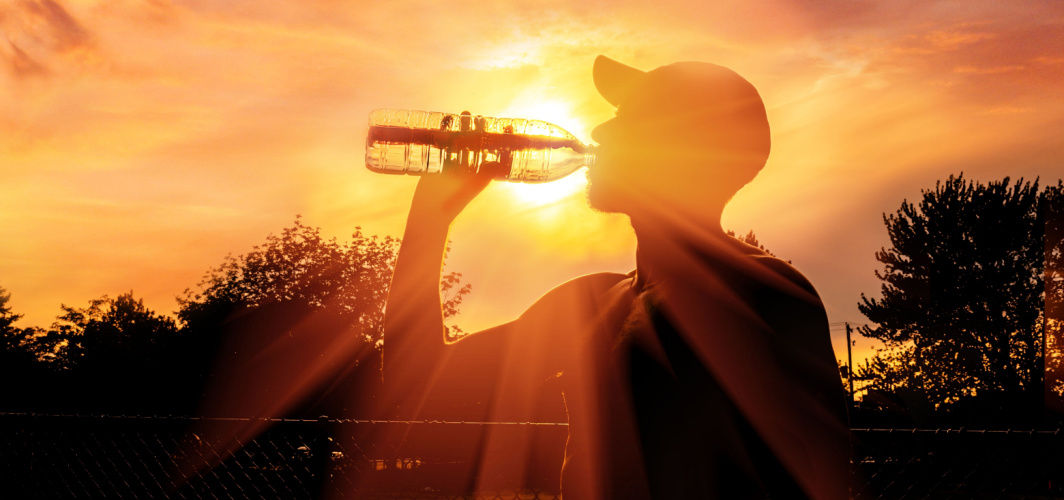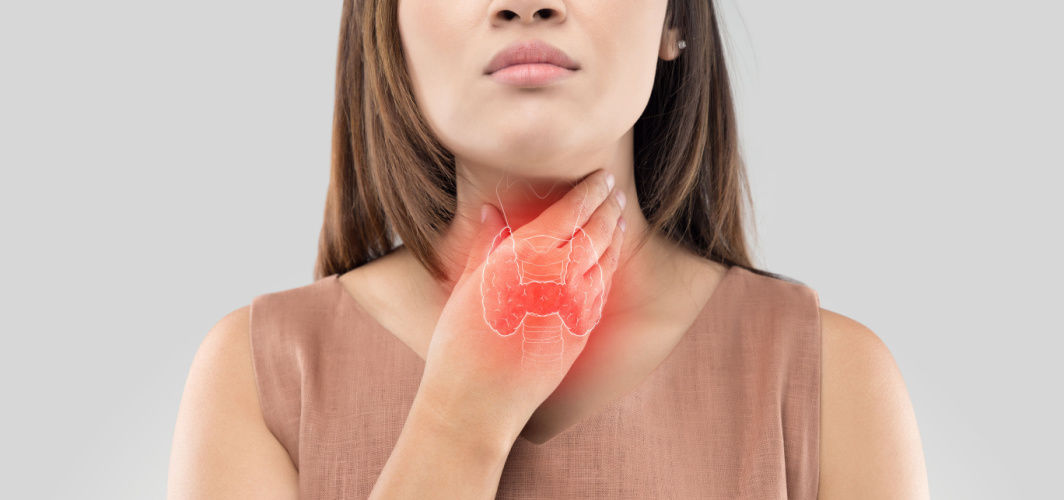General Health
Tips To Prevent Dehydration During Scorching Summer
4 min read
By Apollo 24|7, Published on - 24 April 2023, Updated on - 19 June 2023
Share this article
0
0 like

Around 60% of the human body is made up of water. It is present within cells, blood vessels, and interstitial spaces. Your body has an efficient system for managing water levels, as it makes you thirsty to increase fluid intake when necessary. Throughout the day, the human body loses water through various bodily functions such as sweating, urinating, and breathing. However, you can replenish the lost water by drinking fluids. Failure to replace lost fluids can lead to dehydration, which can have serious consequences. Here is all you need to know about dehydration.
What is Dehydration?
Dehydration occurs when the body doesn't have enough water, leading to a shortage of fluids in blood vessels and cells. Thirst is the body's natural mechanism for signalling inadequate hydration. If you feel thirsty, it means that you're already slightly dehydrated and this can cause symptoms to manifest.
Symptoms of Dehydration
Even a small loss of 1.5% of the body's water can result in symptoms. Physical symptoms of dehydration include:
- Headache
- Delirium
- Tiredness (fatigue)
- Weakness
- Dizziness
- Light-headedness
- High heart rate but low blood pressure
- Dry mouth and/or dry cough
- Loss of appetite but craving sugar
- Swollen feet
- Flushed (red) skin
- Muscle cramps
- Constipation
- Heat intolerance or chills
- Dark-coloured urine
Dehydration doesn’t just affect you physically, it has various mental and emotional symptoms. These include:
- Confusion
- Forgetfulness
- Anxiety
- Crankiness
Causes of Dehydration
Dehydration can occur due to various reasons. For instance, you sometimes don't drink enough fluids due to being busy or sick or even during travelling, camping or hiking. Some of the other causes of dehydration can be:
1. Diarrhoea and Vomiting
Diarrhoea, especially if severe and acute, can cause a significant loss of fluids and electrolytes very quickly. If your diarrhoea is accompanied by vomiting, it can exacerbate the problem.
2. Fever
Fever, especially if accompanied by diarrhoea and vomiting, can lead to dehydration. The higher the fever, the greater the risk of dehydration.
3. Excessive Sweating
Vigorous activity can result in fluid loss through excessive sweating. Failure to replenish fluids as you go along can lead to dehydration. High temperature and humidity increase sweating and thereby fluid loss.
4. Increased Urination
Frequent urination can be a result of uncontrolled or undiagnosed diabetes or certain medications such as diuretics and blood pressure drugs. All these conditions can increase urine production and lead to dehydration.
Complications of Dehydration
Dehydration can have severe complications, such as:
1. Heat injury
If you don't consume enough fluids during vigorous exercise or in hot environments, then you may suffer from heat cramps, heat exhaustion, or even life-threatening heatstroke.
2. Urinary and kidney issues
Repeated or prolonged episodes of dehydration can result in kidney stones, urinary tract infections, and kidney failure.
3. Seizures
Electrolytes, like sodium and potassium, transmit electrical signals between cells. An electrolyte imbalance can result in involuntary muscle contractions and, in some cases, loss of consciousness.
4. Hypovolemic shock
Also known as low blood volume shock, this is a severe and potentially life-threatening complication of dehydration. A decrease in blood volume causes a drop in blood pressure and oxygen levels in the body.
How to Prevent Dehydration?
There are some steps you can take to keep dehydration at bay. These include:
- It's important to drink plenty of fluids and consume foods with high water content, such as cucumbers, watermelon, and almost all fresh vegetables.
- In cases of vomiting or diarrhoea, it's crucial to start drinking extra water or an oral rehydration solution (ORS) to prevent dehydration. Waiting until dehydration occurs can worsen the condition.
- When engaging in strenuous exercise, it's recommended to start hydrating the day before. Producing clear, dilute urine is a sign of good hydration. While exercising, replenish fluids regularly and continue drinking fluids afterwards.
- During hot or humid weather, try drinking more water or other fluids such as coconut water, lemon juice or bael fruit juice, to regulate body temperature and replace fluids lost through sweating. In cold weather or at higher altitudes with dry air, extra water is necessary to combat moisture loss.
- Minor illnesses, such as influenza, bladder infections, or bronchitis, can cause dehydration in older adults. During illness, it's important to drink extra fluids to avoid dehydration.
It's vital to stay properly hydrated at all times to ensure the proper functioning of your mind and body. It's also necessary for ensuring your overall health and well-being. If you experience any of the symptoms mentioned above,
Consult Apollo's Expert Doctors
Medically reviewed by Dr Sonia Bhatt.
General Health
Leave Comment
Recommended for you
%20(1)_0.jpg?tr=q-80)
General Health
Signs of Recovery from Typhoid: How to Track Your Progress and Know You’re Recovering
Learn the key signs of recovery from typhoid, including improving symptoms, regained energy, and appetite restoration. Track your progress and ensure a smooth recovery.

General Health
Thyroid Disease: Know The Difference Between Hypothyroidism And Hyperthyroidism
There are two primary types of thyroid disorders, hypothyroidism and hyperthyroidism. Hypothyroidism is an underactive thyroid that causes weight gain, fatigue, and slower metabolism, while hyperthyroidism is an overactive thyroid that leads to weight loss, and anxiety, and speeds up metabolism. The article also covers the diagnosis and treatment options for both conditions.
.jpg?tr=q-80)
General Health
Total Leucocyte Count (TLC) Test: Normal Range, Importance, Procedure and Results
TLC normal range plays a vital role in assessing your body's immune response. Get detailed insights into its importance and health implications.
Subscribe
Sign up for our free Health Library Daily Newsletter
Get doctor-approved health tips, news, and more.
Visual Stories

Science-backed Home Remedies for Burns and Blisters
Tap to continue exploring
Recommended for you
%20(1)_0.jpg?tr=q-80)
General Health
Signs of Recovery from Typhoid: How to Track Your Progress and Know You’re Recovering
Learn the key signs of recovery from typhoid, including improving symptoms, regained energy, and appetite restoration. Track your progress and ensure a smooth recovery.

General Health
Thyroid Disease: Know The Difference Between Hypothyroidism And Hyperthyroidism
There are two primary types of thyroid disorders, hypothyroidism and hyperthyroidism. Hypothyroidism is an underactive thyroid that causes weight gain, fatigue, and slower metabolism, while hyperthyroidism is an overactive thyroid that leads to weight loss, and anxiety, and speeds up metabolism. The article also covers the diagnosis and treatment options for both conditions.
.jpg?tr=q-80)
General Health
Total Leucocyte Count (TLC) Test: Normal Range, Importance, Procedure and Results
TLC normal range plays a vital role in assessing your body's immune response. Get detailed insights into its importance and health implications.
